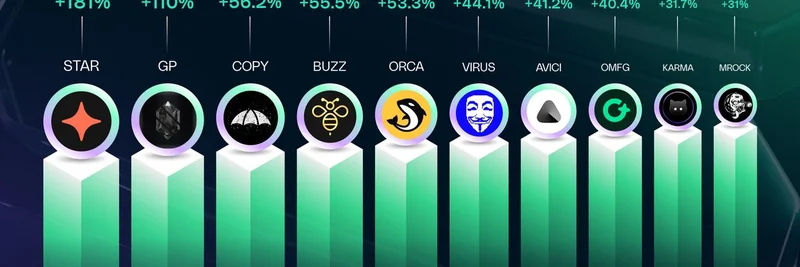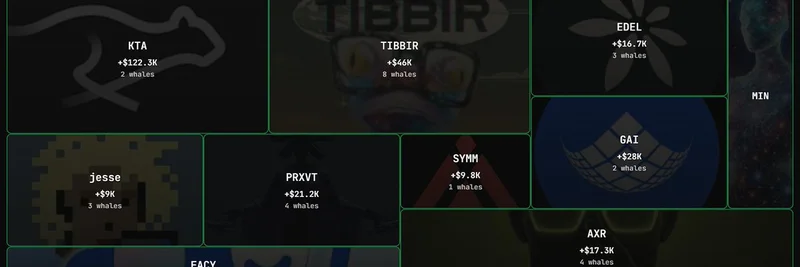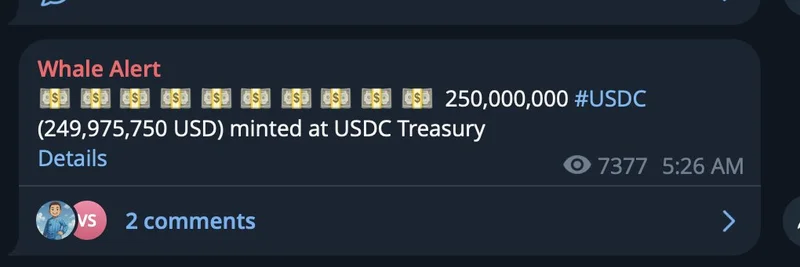In the fast-paced world of cryptocurrency, terms like "insider trading" get tossed around frequently, but what does it really mean? Crypto journalist Laura Shin recently highlighted this in a tweet promoting the latest episode of the "DEX in the City" podcast. Hosted by TuongVy Le, Katherine Kirk, and Jessi Brooks, the episode dives deep into the blurry lines between ethics and legality in crypto markets. If you're into meme tokens, this discussion is particularly relevant, as it touches on issues that often plague viral token launches.
Understanding Insider Trading in Crypto
Insider trading refers to using non-public information to trade assets for personal gain, which is illegal in traditional finance under specific circumstances. However, in crypto, it's not always straightforward. The hosts explain why the law around insider trading isn't as black-and-white as many assume. For instance, blockchain's transparency—where all transactions are publicly recorded—actually makes detecting suspicious activity easier than in traditional markets.
This is huge for meme token enthusiasts. Meme coins often launch with hype-driven pumps, but behind the scenes, developers or early insiders might dump tokens after a surge, leaving retail investors holding the bag. The episode points out how on-chain data can expose these moves, helping communities spot red flags early.
Front-Running and the Rise of Tokenization
Front-running is another key topic: it's when someone sees a pending transaction and jumps ahead to profit from it. In decentralized finance (DeFi), this happens via bots scanning the mempool (a waiting area for transactions). Katherine Kirk discusses how tokenization—the process of turning real-world assets into blockchain tokens—could shift this landscape. As more assets get tokenized, front-running might become more sophisticated, affecting everything from stablecoins to meme tokens built on cultural trends.
Imagine a meme token tied to a viral event; if insiders front-run buys, it could artificially inflate prices before the public jumps in. This episode breaks it down simply, showing why blockchain practitioners need to stay vigilant.
AI Agents: A Game-Changer or Unfair Advantage?
The conversation gets futuristic with AI agents—autonomous programs that trade based on algorithms. Do they tip the scales unfairly? The hosts debate how these agents could exacerbate market imbalances, especially in volatile meme token spaces where speed is everything. AI might detect patterns faster than humans, leading to questions about fairness in decentralized autonomous teams (DATs).
For meme token creators, this means rethinking strategies. If AI agents dominate trading, how do you ensure your project isn't manipulated? The podcast suggests that regulators' inability to hold crypto directly complicates enforcement, leaving room for ethical gray areas.
Insider Trading Policies for DATs and Beyond
DATs, or decentralized autonomous teams, face unique challenges. Unlike centralized firms, they're spread out and often pseudonymous, making traditional insider trading policies tricky. Vy Le offers practical advice on crafting policies that promote transparency without stifling innovation. Comparing it to traditional finance (TradFi), where strict controls like blackout periods exist, the episode contrasts this with DeFi's open nature.
In the meme token world, where projects can go viral overnight, implementing such policies could build trust. Think about recent scandals where team wallets dumped holdings—better ethics could prevent backlash and sustain community support.
Why This Matters for Meme Tokens
At Meme Insider, we're all about demystifying the wild world of meme tokens. This "DEX in the City" episode aligns perfectly, highlighting how ethical practices can elevate projects beyond pump-and-dump schemes. With AI and blockchain evolving, understanding legality versus ethics isn't just smart—it's essential for long-term success in crypto.
Check out the full episode for timestamps on each section, and follow Laura Shin on X for more insights. If you're building or trading meme tokens, episodes like this are gold for navigating the regulatory minefield.
For more on meme token strategies and crypto news, explore our knowledge base at meme-insider.com. Stay informed, stay ethical!




